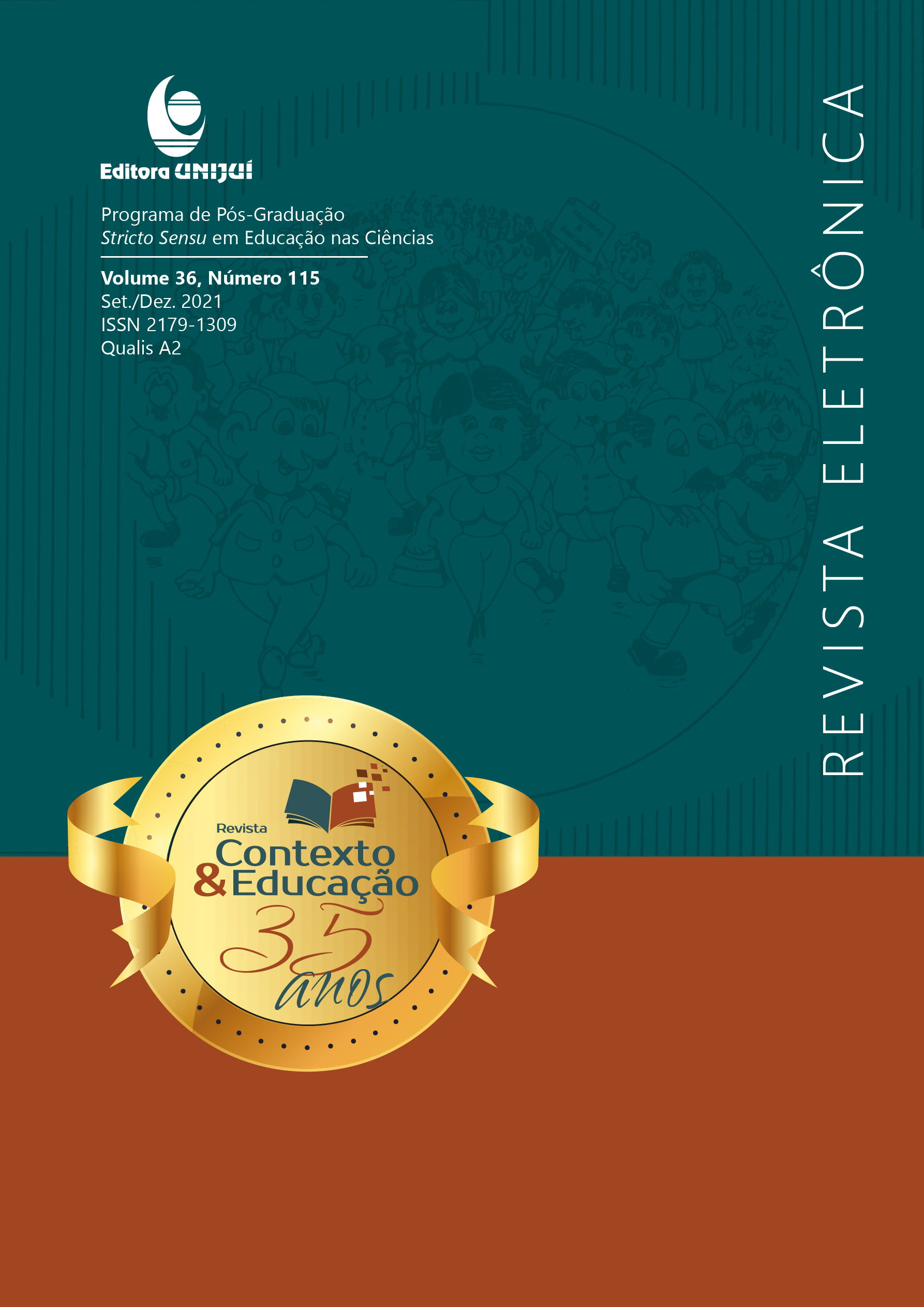DIDACTIC MEDIATION IN LEARNING
THE CONSTRUCTION OF THE GEOGRAPHICAL KNOWLEDGE
DOI:
https://doi.org/10.21527/2179-1309.2021.115.11293Keywords:
Didactic Mediation; Knowledge Construction; Geography; Cultural Historical Theory.Abstract
This article seeks to meet specifically the two objectives: to understand the concept of mediation in the historical-cultural theory; to highlight the importance of didactic mediation for geographic learning. This work is based on the Historical-Cultural Theory and aims to use as a basic reference one of its precursors, the Belarusian professor and researcher Lev Semionovitch Vigotski (1896-1934). The Vygotskian perspective and its impact on the educational field are configured as an essential theoretical postulate, especially with regard to four major contributions of this study: the mediation, especially the didactic; internalization; concept formation and higher psychic functions. Based on the reflection that this article introduces, the present study aims to develop a discussion, primarily, about one of the concepts that involve a method and a methodological path to be followed in teaching - mediation -, in the light of the Vigotskian theoretical perspective. Thus, it is worth asking: how does the mediation of the teacher promote the student's cognitive activity, based on a methodological approach?
Downloads
Published
How to Cite
Issue
Section
License
By publishing in Revista Contexto & Educação, authors agree to the following terms:
All works are published under the Creative Commons Attribution 4.0 International License (CC BY 4.0), which allows:
Sharing — to copy and redistribute the material in any medium or format;
Adaptation — to remix, transform, and build upon the material for any purpose, even commercially.
These permissions are irrevocable, provided that the following terms are respected:
Attribution — authors must be properly credited, a link to the license must be provided, and any changes made must be indicated.
No additional restrictions — no legal or technological measures may be applied that legally restrict others from doing anything the license permits.
Notices:
The license does not apply to elements that are in the public domain or covered by legal exceptions.
The license does not grant all necessary rights for specific uses (e.g., image rights, privacy, or moral rights).
The journal is not responsible for the opinions expressed in the articles, which are the sole responsibility of the authors. The Editor, with the support of the Editorial Board, reserves the right to suggest or request modifications when necessary.
Only original scientific articles presenting research results of interest that have not been previously published or simultaneously submitted to another journal with the same purpose will be accepted.
Mentions of trademarks or specific products are intended solely for identification purposes and do not imply any promotional relationship by the authors or the journal.
License Agreement (for articles published from October 2025): Authors retain the copyright to their article and grant Revista Contexto & Educação the right of first publication.


